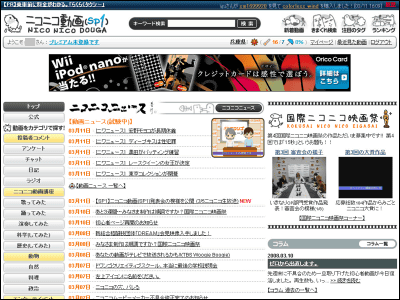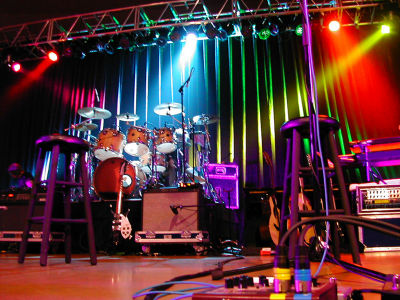Studio Ghibli and the content industry association CODA have submitted a petition requesting that the AI used in the video generation app 'Sora 2' refuse to learn the characters and take copyright seriously.

Sora 2 , a video generation AI developed by OpenAI, can easily create videos featuring popular characters like Pikachu and Mario . In response to this situation, the Content Overseas Distribution Association (CODA), a general incorporated association, submitted a request to OpenAI.
Submitted a request to OpenAI regarding the operation of 'Sora 2' | Content Overseas Distribution Association (CODA)
https://coda-cj.jp/news/2577/
Sora 2 is a video generation AI released on September 30, 2025, that can generate high-quality videos with audio based on user-entered text. However, immediately after the release of Sora 2, a large number of videos using existing characters have been generated.
OpenAI's video generation AI, Sora 2, is generating a large number of users who create videos of Pokemon, Mario, etc., and it is reported that OpenAI is preparing an option to exclude copyrighted content - GIGAZINE

OpenAI is aware that Sora 2 is generating videos using existing characters, and has stated that it will take measures such as 'providing character rights holders with the ability to specify how their characters are used' and 'distributing a portion of the revenue to character rights holders.'
CEO Sam Altman promises to improve the situation where character videos are being created using the video generation AI 'Sora 2,' especially referring to Japanese content and suggesting revenue distribution to rights holders - GIGAZINE

In response to the current situation where Japanese characters are being used without permission in Sora 2, CODA submitted a request to OpenAI on October 27, 2025. The request is as follows:
1. When using Sora 2, you must not use content from CODA member companies as a learning material without permission.
2. To respond sincerely to complaints and inquiries from CODA member companies regarding copyright infringement related to Sora 2 products.
Regarding the use of Japanese characters in Sora 2, CODA determined that it was 'the result of incorporating Japanese content as training data.' CODA argued that 'in situations where specific copyrighted works are reproduced or similarly generated as output, as in Sora 2, the act of reproduction during the training process itself may constitute copyright infringement.' Furthermore, CODA strongly criticized OpenAI's response, stating that 'under Japan's copyright system, prior permission is required for the use of copyrighted works, and there is no system in place to avoid infringement liability by filing a post-facto objection.' OpenAI also stated that it 'provides character rights holders with the ability to specify how their characters are used.' CODA also strongly criticized OpenAI's response, stating that 'under Japan's copyright system, prior permission is required for the use of copyrighted works, and there is no system in place to avoid infringement liability by filing a post-facto objection.'
CODA brings together a wide range of companies involved in the content industry, including NHK and the major Tokyo-based broadcasters, film companies, publishing companies, record companies, anime production companies, talent agencies, etc. A list of participating companies and organizations can be found at the link below.
Member Companies and Organizations | Content Overseas Distribution Association (CODA)
https://coda-cj.jp/organization/link1/
CODA's submission of the request to OpenAI has also been reported by several international media outlets, including IGN , Variety , Futurism , The Verge , Eurogamer , GameSpot , and Dexerto , and has attracted a great deal of attention.
Related Posts:
in Software, Posted by log1o_hf





